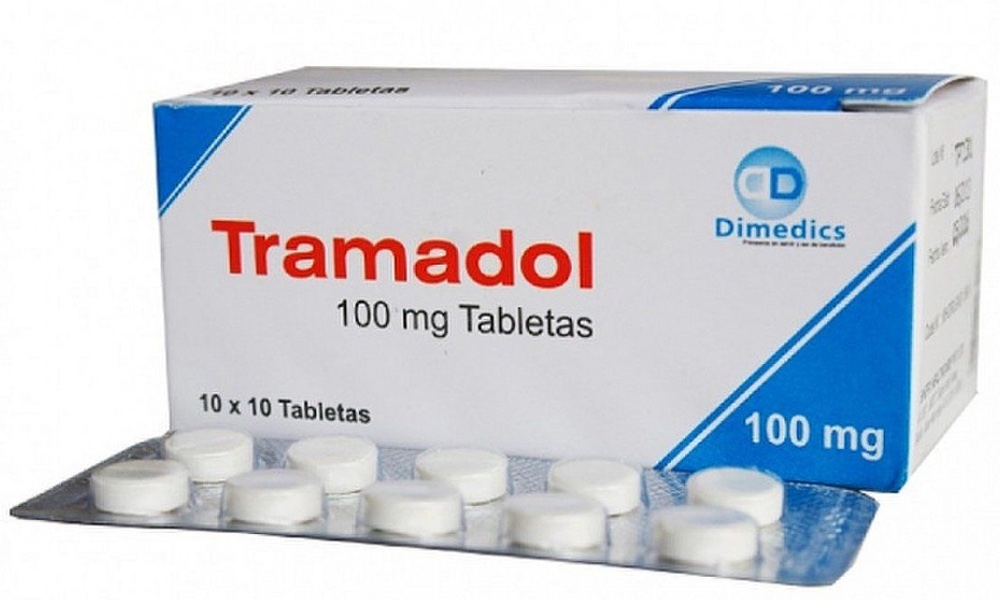Currently, doctors have no cure for multiple sclerosis (MS) and few good treatments. Now, researchers may have have found a form of vitamin B3 that appears to protect against MS's most dreaded effect: severe long-term disability.
Current therapies for MS have major side effects and most people with MS eventually reach a chronic progressive phase of the disease for which there is no good treatment. Using mice, researchers in the Neurobiology Program at Children's Hospital Boston found strong evidence that nicotinamide — a form of vitamin B3 — may protect against the nerve damage that occurs in the chronic progressive phase.
MS is a disorder in which nerve fibers are damaged through inflammation, loss of their insulating myelin coating and degeneration. This damage disrupts the nerve's ability to conduct electrical impulses to and from the brain, causing fatigue, difficulty walking, pain, spasticity, and emotional and cognitive changes. Current treatments mainly protect against inflammation and myelin loss but do not stop the advance of the disease.
A team led by Shinjiro Kaneko, M.D., and Zhigang He, Ph.D., both from Children's, worked with mice that had an MS-like disease called experimental autoimmune encephalitis (EAE). Through careful experiments, they showed that nicotinamide protected the animals' nerve fibers from degeneration. The greater the dose of nicotinamide and the earlier the treatment, the greater the protective effect.
Their findings appear in a cover article in the September 20, 2006 Journal of Neuroscience.
Nicotinamide, however, significantly reduced nerve damage even when treatment was delayed, raising hope that it will also be effective in the later stages of MS. "The earlier therapy was started, the better the effect, but we hope nicotinamide can help patients who are already in the chronic stage," says Kaneko.
"We hope that our work will initiate a clinical trial, and that nicotinamide could be used in real patients," Kaneko says.




